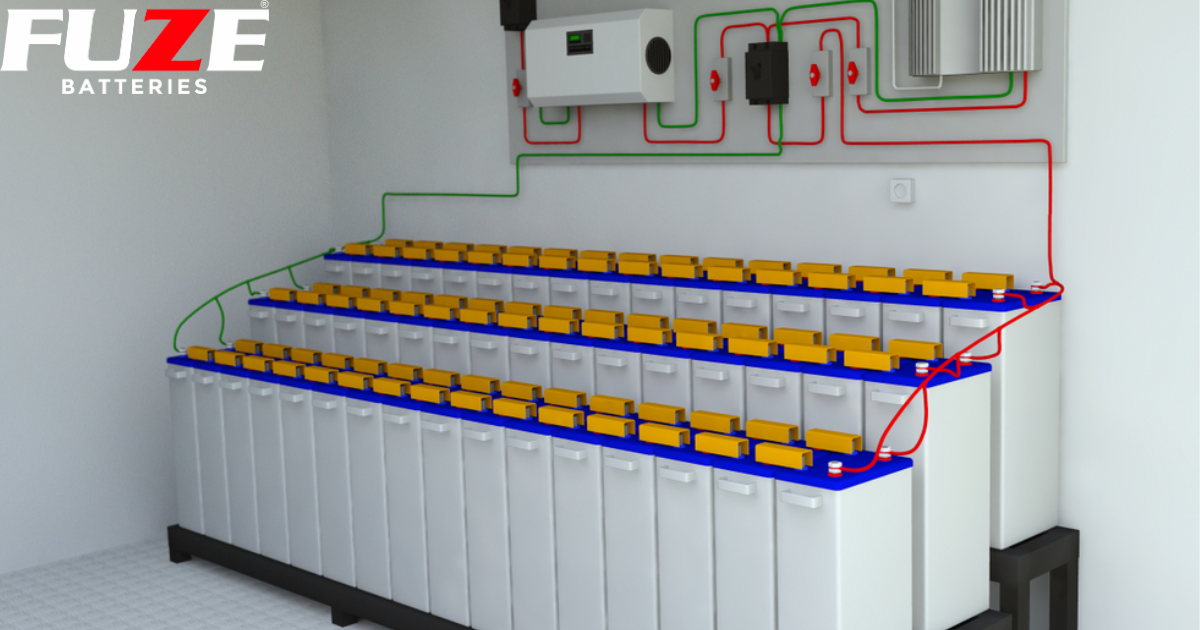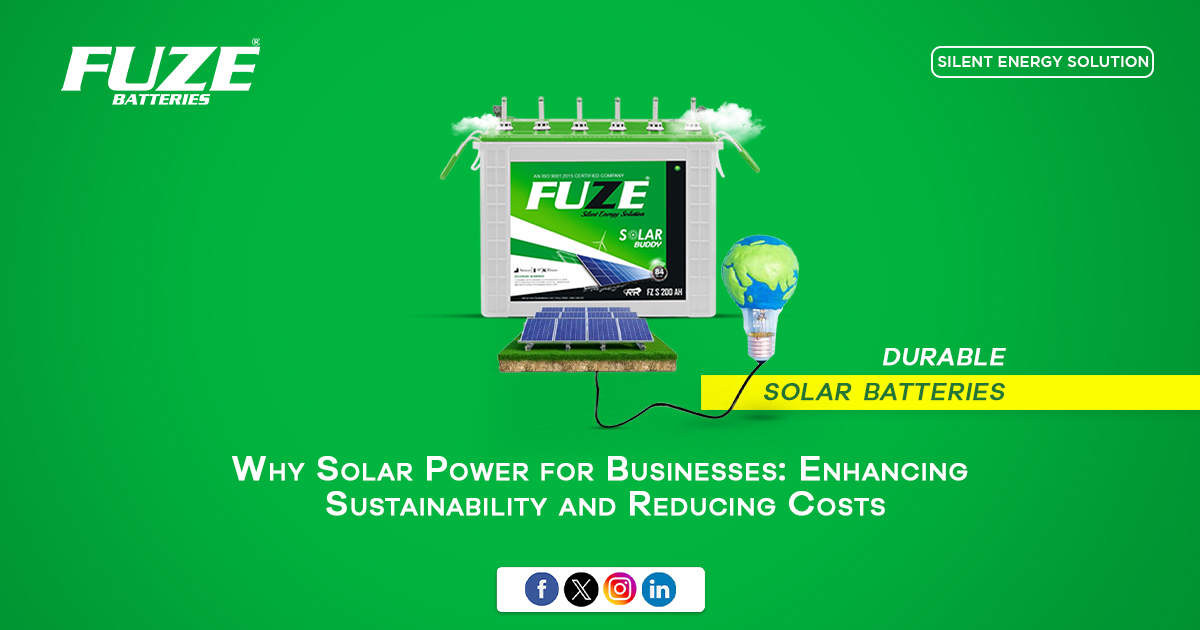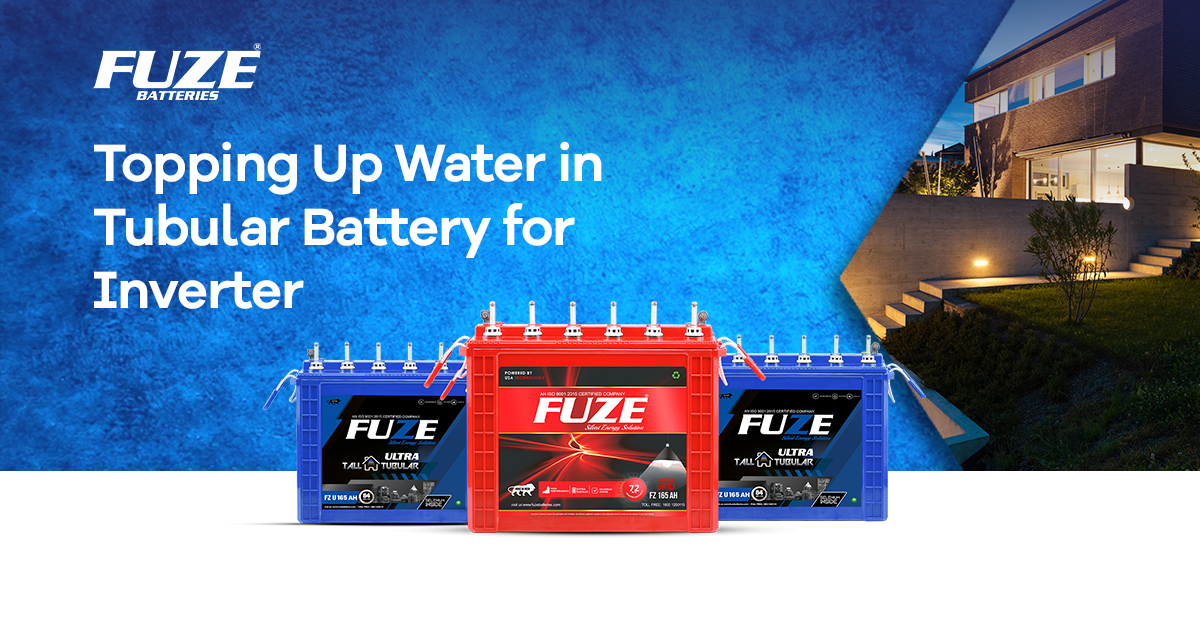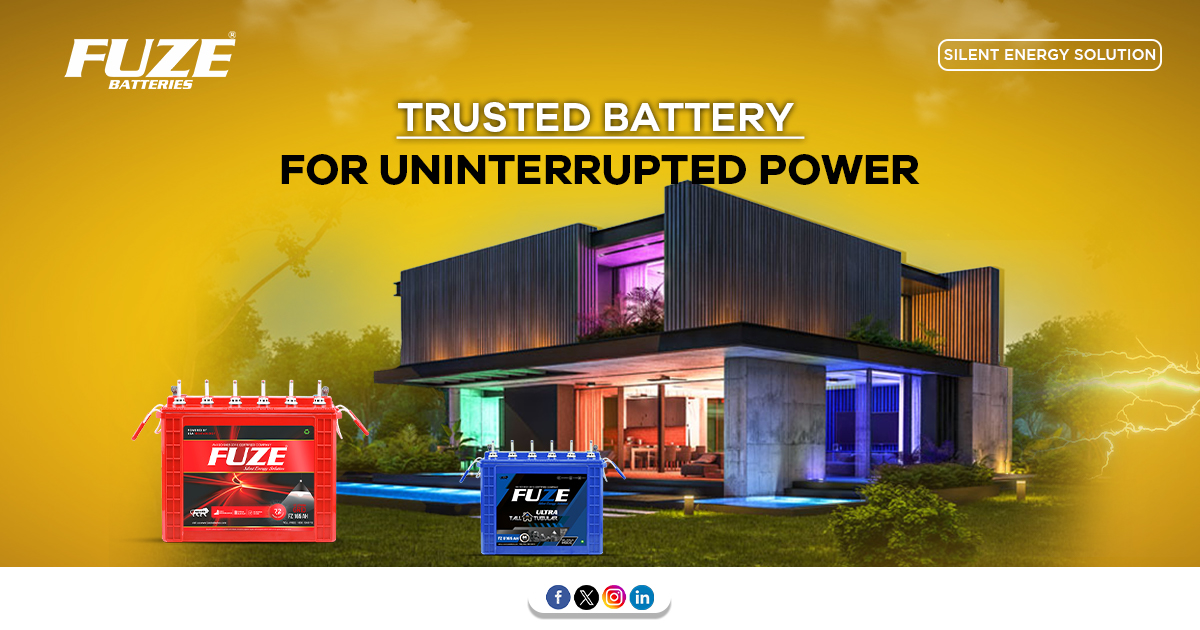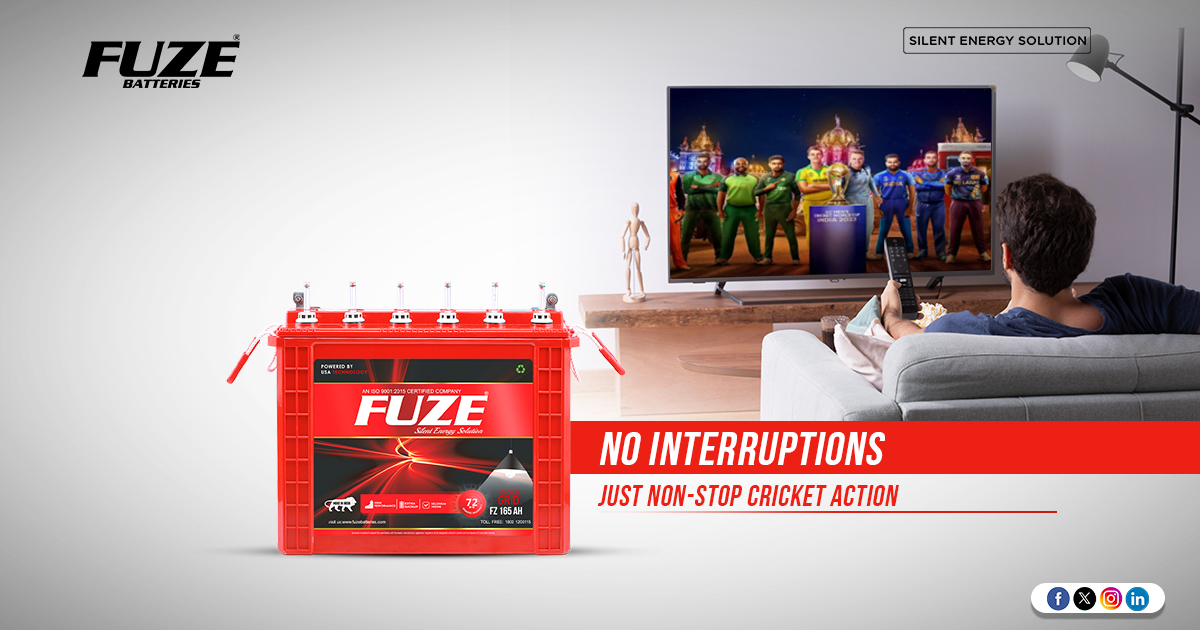In this blog, we delve into the exciting ongoing research and development efforts in lead-acid battery technology. Discover how the incorporation of carbon additives and modified lead alloys is revolutionizing conductivity, energy storage capacity, charge acceptance, and internal resistance. Join us as we explore the potential for more efficient and reliable lead-acid batteries, benefiting manufacturers and industries worldwide. Get ready to power up!
Advancements in Material
One area of focus is the utilization of carbon additives. By incorporating carbon-based materials, such as carbon nanotubes or graphene, into the battery’s electrode structure, researchers aim to enhance the battery’s conductivity and increase its energy storage capacity. These carbon additives have the potential to improve the battery’s power output and extend its cycle life, making it more reliable for long-term use.
Another avenue of research involves the development of modified lead alloys. By optimizing the composition of lead alloys used in the battery’s electrodes, researchers aim to improve the battery’s charge acceptance, reduce internal resistance, and enhance its overall performance. These modified lead alloys can help increase the battery’s efficiency, allowing it to deliver power more effectively and sustain longer operating cycles.
Overall, the ongoing research and development efforts in the field of lead-acid batteries aim to harness the potential of advanced materials like carbon additives, modified lead alloys, and improved separators. By incorporating these innovations, the energy density, cycle life, and overall efficiency of lead-acid batteries can be significantly enhanced. This progress paves the way for more reliable and sustainable energy storage solutions in industries such as automotive, telecommunications, and renewable energy storage.
Tips for Charging Techniques
The latest charging techniques implemented to optimize the charging process and improve battery performance include intelligent charging algorithms, pulse charging, and temperature compensation. These techniques ensure maximum charging efficiency and prevent issues like overcharging or undercharging.
Intelligent charging algorithms are designed to analyze the battery’s state and adjust the charging parameters accordingly. By constantly monitoring factors like voltage, current, and temperature, these algorithms can optimize the charging process to deliver the right amount of charge at the right time. This helps improve battery performance and prolong its lifespan.
Pulse charging is another technique that involves delivering charging pulses to the battery instead of a continuous flow of current. These pulses help break up any sulfation that may have occurred on the battery’s electrodes, improving its overall capacity and efficiency. Pulse charging also helps prevent overcharging by allowing the battery to rest between pulses, reducing the risk of damage.
Temperature compensation is essential for maintaining optimal charging conditions. Batteries are sensitive to temperature variations, and charging them at the wrong temperature can lead to inefficiencies or even damage. Temperature compensation adjusts the charging voltage based on the battery’s temperature, ensuring that the charging process is efficient and safe regardless of environmental conditions.
By implementing these advanced charging techniques, battery performance can be optimized, and issues like overcharging or undercharging can be mitigated.
Lead acid battery Applications
Lead-acid batteries are not just limited to traditional applications anymore! They play a crucial role in supporting renewable energy systems by storing excess energy generated from sources like solar or wind power. These batteries provide a reliable and cost-effective solution for storing and releasing energy when needed, ensuring a stable power supply even when the sun isn’t shining or the wind isn’t blowing.
In addition, lead-acid batteries are essential for providing backup power to critical infrastructure such as hospitals, data centers, and telecommunications networks. During power outages or emergencies, these batteries kick in to keep essential systems running smoothly, ensuring uninterrupted operations and safety.
Future Development
Research and development efforts in lead-acid battery technology are continuously underway to enhance performance, safety, and reliability. Advancements in electrode design, electrolyte formulation, and battery management systems are key focus areas.
In terms of electrode design, researchers are exploring innovative materials and structures to improve the battery’s energy density and power output. This can lead to batteries with higher capacity and better performance.
Electrolyte formulation is another area of interest. Scientists are working on developing advanced electrolytes that offer improved conductivity and stability, resulting in enhanced battery performance and longer lifespan.
Battery management systems (BMS) are crucial for monitoring and optimizing battery performance. Ongoing research aims to develop a more sophisticated BMS that can accurately track the battery’s state of charge, detect any abnormalities, and ensure safe and efficient operation.
Overall, these research and development efforts are focused on pushing the boundaries of lead-acid battery technology, making them more efficient, reliable, and suitable for a wide range of applications. Exciting advancements are on the horizon.
To summarize, ongoing research in lead-acid battery technology focuses on advancements in material, such as incorporating carbon additives and developing modified lead alloys. These efforts aim to enhance conductivity, increase energy storage capacity, improve charge acceptance, and reduce internal resistance. These developments will lead to more efficient and reliable lead-acid batteries, benefiting lead-acid battery manufacturers. Fuze batteries are the answer to all your battery needs. We are a battery manufacturer in Kerala with high credibility and strong knowledge about batteries and their market.
Follow Us:
Facebook
Instagram
Twitter

